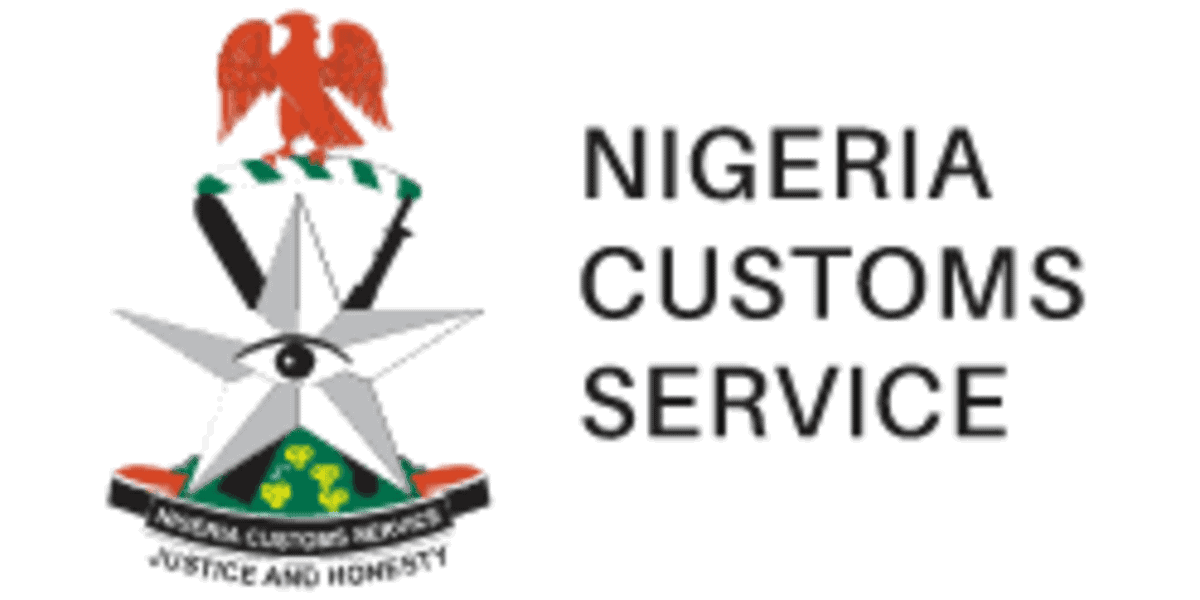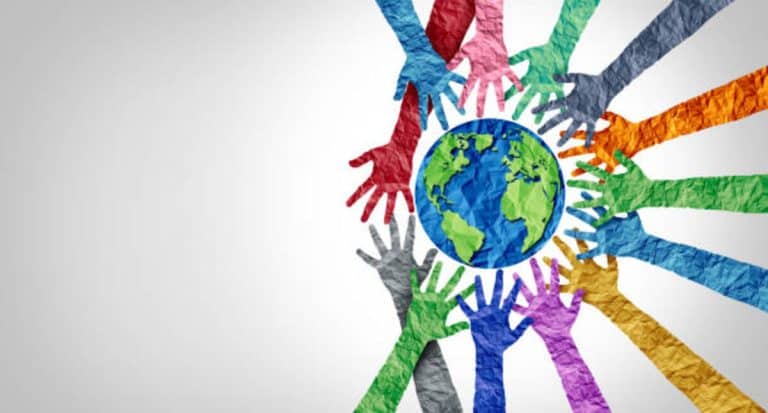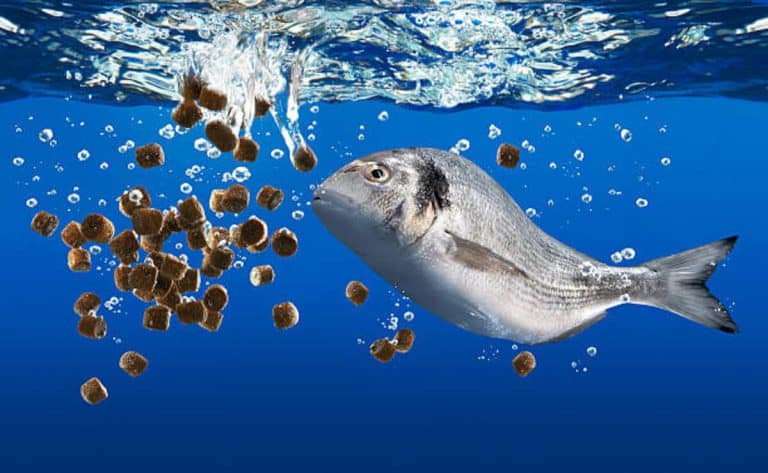Nigeria Customs Service Ranks
As with any institution, whether private or Government owned, there must be an organizational structure showing the rank and order of the personnel in the organization.
For this post, our focus is on one of the core agencies in Nigeria – the Nigerian Customs Service. Before going into the details of the ranks and order, we will examine the historical background of the agency and the core functions they perform.
Also, check out The Nigerian Police Force Salary.
In addition, there will be a section to give the salary structure of the stated ranks in the post.
Advertisement
About Nigerian Customs Service
The Nigeria Customs Service was established in 1891 by the British Government during the colonial era to monitor national and international trade to collect customs and excise duties fees and prevent the smuggling of contraband goods.
Initially, the agency’s name was the Department of Custom and Excise before it was renamed in 1992 to Nigeria Customs Service.
Although the agency acts independently, they are under the jurisdiction of Nigeria’s Ministry of Finance. The ministry oversees the dealings and reports of Nigeria Customs to ensure corruption is not rooted in the agency.
The NCS Is led by the comptroller general, who supervises the work of six deputy comptrollers general in the departments listed below:
Advertisement
- Tariff and Trade;
- Enforcement, Investigation, and Inspection;
- Modernization, Research, and Economic Relations;
- Excise, Industrial Incentives, and Free Trade Zones;
- Human Resource Development
Tariff and Trade
This division is responsible for the preparation of the projection of collectible revenue from Customs Duties and monitoring of its collections.
To discharge this function effectively, it is saddled with the responsibility of translating Federal Government Fiscal policy measures into guidelines for the general guidance of field officers as well as members of the business community.
Its responsibilities also Include proper control of the Importation and Exportation of goods to ensure compliance with Import and Export laws and regulations.
Furthermore, this division is responsible for the proper classification of goods under the Harmonized System Tariff as well as the Valuation of goods for Customs purposes.
It controls transit and transshipment. Temporary Importation and Exportation and privileged Importations.
The division Is also responsible for granting approvals for Bonded Warehouses, Licenses, and Wharves. Refund of Duties and any other related matter.
Enforcement, Investigation, and Inspection
This division is responsible for conducting General Investigations of Customs offenses in accordance with the provisions of the Customs & Excise Management Act (CEMA) Cap 45, Law of the Federation of Nigeria, 2004, and Customs & Excise Notices.
It is also responsible for the Inspection of all Customs and Excise Formations throughout the Country to ensure that approved procedures are being applied. It is also in charge of the inspection of both Customs License Agents’ premises and Excise Traders’ records of production.
The division Is equally responsible for cooperating and liaising with other Agencies in and outside Nigeria including Interpol and Customs Intelligence Unit for the detection of Customs Frauds.
Updating Service Codes and Books of instructions, designing various service Forms, publications of Quarterly orders, inspecting parcel post depots throughout Nigeria, and Jerquing of ship and Aircraft files, are also the responsibilities of this division.
Modernization, Research, and Economic Relations
This department is responsible for the development, Implementation, and maintenance of information technology of the Nigeria Customs Service Specifically, the Unit handles the Customs automation system in import clearance procedures called NICIS II.
(Nigeria Integrated Customs Information System) NICIS II is basically a computerized system designed to harmonize and standardize Customs procedures in the Country and to enhance the user experience, leading to better management and improved productivity in the Nigeria Customs Service,
The policy objectives of the system include improvement of Revenue generation, facilitation of trade through speedy clearance, supply of reliable and timely trade Statistics for planning purposes, elimination of Customs fraud, and standardization of Forms and procedures.
Enhancement of management and monitoring of Customs operations especially in the field, and international interchange of Customs data through the WCO/WTO.
Excise, Industrial Incentives, and Free Trade Zones
The division is in charge of general coordination of the activities of all excise areas in the Country, collation and storage of information on Excise Revenue matters, and determination of the Value on which to base Duties and Excise Products through the use of Unit-Cost Analysis data provided by the Excise Traders.
It is also the responsibility of this division to Issue Excise Licenses, enforce excise Laws and Regulations and also process and grant final approvals for the Entry of premises for excise factories in Nigeria.
The division is also responsible for implementing Industrial Incentives Schemes like Duty Draw Back, manufacture in Band Schemes, etc in conjunction with the Nigeria Export Promotion Council and Export Processing Zone (EPZ) Authority.
It is equally responsible for the preparation of Excise Revenue Projections and recommending Distress action for defaulting Excise Factories.
Human Resource Development
The Human Resources Development (HRD) department of the NCS is the custodian of human capital and collaborates with other departments to organize promotion exercises, and also oversees the development and reviewing of training curricula, teaching, and research.
The mission of the Nigeria Customs Service
- Nigeria Customs Service is a reference and model administration with excellence in providing effective and efficient service to accomplish all dimensions of its mission.
- That the Service is a modern, compact and dynamic Service that influences policy and contributes to Nigeria’s development.
- That the Service is recognized as being in the vanguard of
- Customs best practices and international standards.
The vision of the Nigeria Customs Service
- To excel in the efficient and timely collection of and accounting for revenue.
- Implementation of and advice on Governmental trade and fiscal policies.
- Promotion of trade facilitation
- Protection of Nigerian society, and generation of accurate and precise statistical data by developing a professional, transparent administration that implements international best practices and obligations.
Functions of the Nigeria Customs Service
The Nigeria Customs Service is responsible for the following.
The Nigeria customs service helps to reduce the rate of smuggling
With serious protection of the borders through a steady patrol and inspection team, the Nigeria customs service ensures that the rate of smuggling contraband in/out of the country Is brought to contraband.
This is part of its anti-smuggling initiative aimed at ensuring that Nigeria isn’t aware of House for substandard products
It performs National Security functions
In collaboration with the Nigerian Navy, the Nigerian customs services help with issues of national security as it relates to the waterways.
It works hard to ensure that the rate of illegal immigration into the country is brought to a minimum because most of the illegal immigrants are not law-abiding fellows thereby reducing the rate of crime.
Also, as a matter of national security, Nigeria Customs Services collaborates with the Custom Agencies in other countries towards ensuring sustainable peace within its territory.
It works to ensure standardization and consumer safety
Being saddled with the task of monitoring importation made in Nigeria, the Nigerian customs service works to ensure that substandard and counterfeit products are not brought into the Nigerian Market. This goes a long way to safeguard the health of the Nation.
Thus, it can be deciphered that good collaboration between the Nigerian customs service and other key standardization agencies is a panacea towards making sure that Nigeria isn’t a dumping ground for inferior goods.
Licensing and registration of Customs Agents
This is yet another very important function of the Nigerian customs services Since it cannot stand alone to perform these numerous functions it is being saddled with, it creates a synergy with other customs agents through a legitimate process of licensing and registration and therefore authorizing their operations.
The Nigerian customs services work to promote Unity between Nigeria and other Nations
This is seen in the area of security and the prevention of unlawful immigration. This alone goes a long way to increase partnerships and effective collaboration between boundary countries.
It engages In Research, Planning, and Enforcement of Fiscal Policies of the Government
Being an agency saddled with the roles of taxation on imports and exports, it recommends new strategies to the government for proper enforcement towards nation-building. It also assists the federal government in good policymaking in the sector.
- Collaboration with other agencies in Nigeria to curb illegal trading and trafficking of contraband
- Provide statistical data to help the Government to help with budget planning and analysis
- Ensure the conduction of trade under the laid down statutes by the Government
- Enforce the Government’s fiscal policies on trade
Nigeria Customs Service Ranks
The Nigeria Customs Service is regarded as a paramilitary organization which means they are authorized to perform civil and certain military functions. Therefore, we have ranked just the same as in the military. However, the names of the ranks are entirely different.
In total, we have 13 Nigeria Customs service ranks, which we will discuss in this section.
Below are the 13 Nigeria Customs Service ranks in the hierarchical order starting from the highest to the lowest.
- Comptroller General
- Deputy Comptroller-General
- Assistant Comptroller-General
- Comptroller
- Deputy Comptroller
- Assistant Comptroller
- Chief Superintendent Custom Officer
- Deputy Superintendent Custom Officer
- Assistant Superintendent of Customs I
- Assistant Superintendent of Customs II
- Inspector of Customs
- Assistant Inspector of Customs
- Customs Assistant
Comptroller General
The highest rank in Nigeria Customs Service is the Comptroller General, the overall head of the agency’s divisions.
The roles and responsibilities of a comptroller general include:
- Overseeing the account records and operations in the agency.
- Delegation of tasks to the division heads in the agency
- Tracking the execution of the policies and strategies implemented by the organization.
- Attend meetings concerning the Nigeria Customs Service Board
- Report to the Minister of Finance when required.
Also, check out NGOs in Nigeria.
Deputy Comptrollers General
A Deputy Comptroller General oversees a division in the NCS and the following high level after the Comptroller General in the chain of command. In Nigeria Custom Service, we have six divisions, and thus, we have six comptrollers General acting as head of the division.
The main function of the deputy comptrollers lies in the organization and management of the assigned division. In addition, they report back to the Comptroller General.
Assistant Comptroller-General
The rank of the assistant comptroller-general is next in line after the deputy comptroller-general. The customs officers in this position are assistants to the deputy comptroller-general. In other terms, they are the deputy head of the agency’s divisions.
For every division, there is an assistant comptroller general assisting the head of that division.
The ranks above are the highest level of an individual in the job. Just as we have the executive level in a business organization. The next category is the cadre level, where we have those newly recruited custom officers and those with few years of experience. In this category, we have,
Comptroller
The Comptroller is the highest rank in the cadre level, and they are designated unit leaders.
Deputy Comptroller
The next highest rank in the cadre level is the deputy comptroller. The rank description entails performing deputy duties to the comptroller of the unit.
The remaining ranks are positions that get promoted to when starting as a recruit in the agency.
The promotion to each level depends on experience, education, competence, additional knowledge, and training. However, the rank of the Comptroller General is not attained by promotion. Instead, it is by appointment. The president appoints a qualified individual from the list of the available Deputy Comptroller-Generals.
Directors and Comptroller-General past and present
- Shehu Ahmadu Musa, as director of NCS 1978-1979
- Jacob Gyang Buba, as Comptroller-General, 2004- May 2008
- Hamman Bello, as Comptroller-General, May 2008- January 2009
- Bernard Shaw Nwadialo, as Comptroller-General January 2009- August 2009
- Abdullahi Dikko, as Comptroller-General 2009-2015
- Hameed Ali, as Comptroller-General 2015–present
Salary Structure of Each Rank
The table contains the salary structure of each rank in the Nigeria Custom Service
| RANKS | SALARY STRUCTURE |
| Comptroller General | |
| Deputy Comptroller-General | |
| Assistant Comptroller-General | #2,272,288 – #2,464,560 |
| Comptroller | #1,759,8 |
| Deputy Comptroller | #1,619,447 – #1,825,589 |
| Assistant Comptroller | #1,225,584 – #1,405,449 |
| Chief Superintendent Custom Officer | #1,158,172 – #1,325,234 |
| Deputy Superintendent Custom Officer | #1,090,027- #1,252,038 |
| Assistant Superintendent of Customs I | #1,012,562 – # 1,143,539 |
| Assistant Superintendent of Customs II | #888,956 – #988,999 |
| Inspector of Customs | #483,014 – #567,065 |
| Assistant Inspector of Customs | #357,358 – #411,484 |
| Assistant | #298,506 – #330, 321 |
Final Notes on Nigeria Custom Service Ranks
The Nigeria Customs Service is an agency under the Ministry of Finance responsible for collecting and processing customs and excise duties from various trades.
The agency has six subdivisions, with each division managed by a high-rank officer who is next to the highest rank – the Comptroller General.
The article details the 13 ranks in the Nigeria Customs Service and how they are related. Also, there is a brief background history of the agency.
Before you go, check out The Nigerian Army Ranks and their Symbols.







3 Comments
Comments are closed.